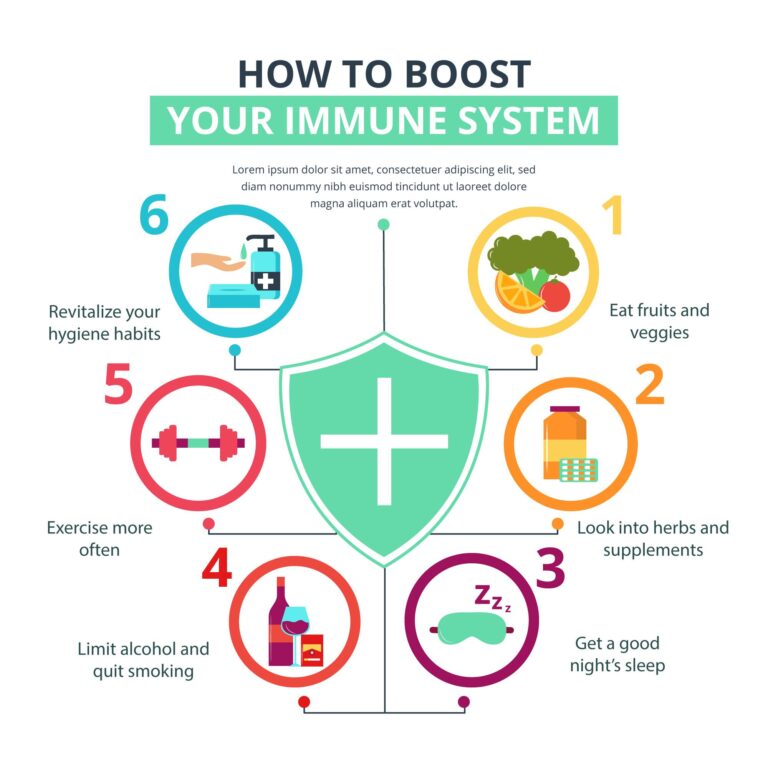Massage Therapy for Stress Relief: Finding Your Inner Calm

In today’s fast-paced world, stress has become a common part of everyday life. Whether it’s due to work pressures, personal challenges, or the constant connectivity of the digital age, finding ways to manage and reduce stress is essential for maintaining both mental and physical well-being. One of the most effective and holistic approaches to stress relief is massage therapy. By promoting relaxation, improving circulation, and reducing muscle tension, massage therapy offers a pathway to finding your inner calm.
1. The Connection Between Stress and the Body
Stress manifests in the body in various ways. It can cause muscle tension, headaches, fatigue, and even digestive issues. When the body is under stress, it triggers the “fight or flight” response, leading to the release of stress hormones like cortisol and adrenaline. While this response is helpful in emergencies, chronic stress can keep the body in a constant state of alert, leading to long-term health problems.
Massage therapy helps to counteract this response by activating the body’s parasympathetic nervous system, which promotes relaxation and reduces the production of stress hormones. This shift allows the body to recover, heal, and return to a state of balance.
2. How Massage Therapy Alleviates Stress
Massage therapy alleviates stress through a combination of physical and psychological benefits. Here’s how it works:
- Relaxation of Muscles: One of the most immediate effects of massage therapy is the relaxation of tight, stressed muscles. Techniques such as kneading, stroking, and applying pressure help to release tension, which in turn reduces pain and discomfort. When the muscles are relaxed, the entire body feels more at ease.
- Improved Circulation: Massage therapy stimulates blood flow, which helps to deliver oxygen and nutrients to tissues and organs. Improved circulation also aids in the removal of toxins and waste products from the body, contributing to overall health and well-being. Enhanced blood flow can also reduce the feeling of fatigue that often accompanies stress.
- Reduction of Stress Hormones: Research has shown that massage therapy can significantly reduce levels of cortisol, the body’s primary stress hormone. Lower cortisol levels lead to a decrease in the physical symptoms of stress, such as high blood pressure and a rapid heart rate.
- Boosting Mood and Mental Clarity: Massage therapy also has a positive impact on mental health. It encourages the release of endorphins, serotonin, and dopamine—neurotransmitters that promote feelings of happiness, relaxation, and well-being. This chemical response can help alleviate symptoms of anxiety and depression, making it easier to cope with stress.
- Mind-Body Connection: Massage therapy fosters a deeper connection between the mind and body. As you become more aware of your body’s physical state, you may also gain insight into how your emotions and stress levels are affecting your physical health. This awareness can be empowering and help you make lifestyle changes to manage stress more effectively.
3. Types of Massage Therapy for Stress Relief
There are several types of massage therapy that are particularly effective for stress relief. Depending on your preferences and needs, you can choose a technique that suits you best:
- Swedish Massage: This is the most common type of massage and is ideal for beginners. It involves long, flowing strokes, kneading, and circular movements on the topmost layers of muscles. Swedish massage is designed to promote relaxation and ease muscle tension.
- Deep Tissue Massage: If you have chronic muscle tension or knots, a deep tissue massage may be more beneficial. This technique uses slower, more forceful strokes to target deeper layers of muscle and connective tissue, helping to relieve pain and restore mobility.
- Hot Stone Massage: Hot stone massage uses smooth, heated stones placed on specific points of the body. The warmth from the stones helps to relax muscles and increase blood flow, making it an excellent choice for stress relief.
- Aromatherapy Massage: This type of massage incorporates essential oils into the treatment. The scents of the oils can have a calming effect on the mind, enhancing the stress-relieving benefits of the massage. Lavender, chamomile, and sandalwood are popular choices for stress relief.
- Reflexology: Reflexology focuses on applying pressure to specific points on the feet, hands, and ears that correspond to different organs and systems in the body. This type of massage can promote relaxation and help reduce stress by stimulating the body’s natural healing processes.
4. Incorporating Massage Therapy into Your Routine
To experience the full benefits of massage therapy for stress relief, consistency is key. Regular sessions can help you manage stress more effectively over time. Here are some tips for incorporating massage therapy into your routine:
- Schedule Regular Appointments: Consider booking massage therapy sessions on a regular basis, such as once a month or every few weeks, to maintain the benefits. Many people find that consistent treatment helps them manage stress more effectively.
- Practice Self-Care Between Sessions: While professional massage therapy is highly effective, you can also practice self-care techniques between sessions. Simple activities like stretching, deep breathing exercises, and self-massage with a foam roller can help maintain muscle flexibility and reduce stress.
- Combine with Other Stress-Relief Practices: Massage therapy works best when combined with other stress-relief practices. Consider incorporating mindfulness, meditation, yoga, or regular exercise into your daily routine to further reduce stress and enhance your overall well-being.
- Listen to Your Body: Pay attention to how your body responds to different types of massage and adjust your routine accordingly. If you find that a particular technique is especially effective, communicate this with your massage therapist so they can tailor the treatment to your needs.
Conclusion
Massage therapy offers a powerful way to alleviate stress and find your inner calm. By addressing the physical and psychological effects of stress, massage can help you relax, rejuvenate, and improve your overall quality of life. Whether you’re dealing with everyday stress or seeking relief from chronic tension, incorporating massage therapy into your wellness routine can be a transformative experience. Remember, taking time for yourself and prioritizing self-care is essential in today’s busy world, and massage therapy is a wonderful way to achieve that balance.






